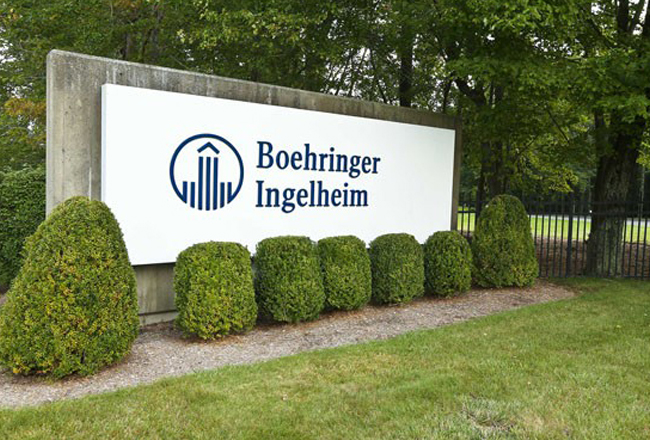Boehringer Ingelheim, Vanderbilt U. announce new anticancer collaboration
Boehringer Ingelheim and Vanderbilt University are expanding their existing collaboration to develop novel anticancer compounds.
 The expanded research partnership will focus on the discovery and development of new chemical therapeutics targeting the pro-survival protein MCL1 as a potential therapy against MCL1-dependent cancers.
The expanded research partnership will focus on the discovery and development of new chemical therapeutics targeting the pro-survival protein MCL1 as a potential therapy against MCL1-dependent cancers.
This is the third collaboration between Ridgefield-based Boehringer Ingelheim and Vanderbilt to pursue discoveries made in the laboratory of Stephen W. Fesik at Vanderbilt University School of Medicine.
“MCL1 is one of the top 10 overexpressed genes in human cancer, where it plays a role as a survival factor,” said Lawrence J. Marnett, Dean of Basic Sciences at Vanderbilt.
“It is a great target for therapy but candidate drugs need to disrupt high affinity protein-protein interactions, which is very challenging,” Marnett said. “The Fesik laboratory has made impressive strides in developing such compounds and it is exciting to see them advanced toward clinical development through the partnership with Boehringer Ingelheim.”
MCL1, when overexpressed, can prevent cancer cells from undergoing programmed cell death, also known as apoptosis. This necessitates the discovery of a molecule that binds extremely tightly and selectively to MCL1 in order to sufficiently induce on-target, mechanism-based cancer cell death.
The agreement between Boehringer and Vanderbilt includes undisclosed upfront and milestone payments, with the ambition of delivering a new cancer drug to market as quickly as possible.